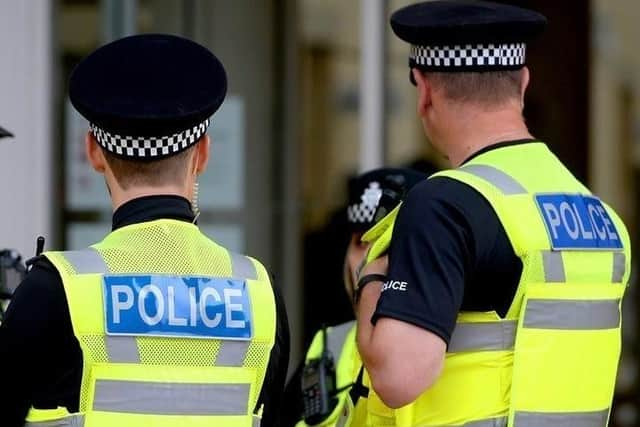Chaplaincy has become more valued even as society has become more secular - Dr Alan Billings
I have had an interest in chaplaincy for many years and wrote a chapter on the ‘Place of Chaplaincy in Public Life’ in A Handbook of Chaplaincy Studies (Ashgate, 2015). I made the observation then that in a more secular age, chaplaincy could only be justified, and could only be funded from the public purse, if it fulfilled two conditions.
First, chaplaincy had to add value to the work of an organisation. A British Army General told me on one occasion that after years of not thinking too much about chaplaincy, the armed services quickly realised the value during the Iraq and Afghanistan conflicts.
Advertisement
Hide AdAdvertisement
Hide AdChaplains accompanied men and women – many of whom were quite young – to the front line. They were on hand to calm nerves, help maintain morale and give comfort and reassurance. This might involve some religious practice or simply conversation.


As the General put it, ‘At one time, chaplains would have been an afterthought, now we made sure they were on the second plane out.’
And chaplains were also back home standing with families when they were anxious or distressed. The key was building good, pastoral relationships. In similar fashion, there has been a steady valuing of chaplaincy in many other institutions – from hospitals to prisons to the police.
As well as adding value, chaplaincy also has to follow the British model of chaplaincy, which is to say, chaplains must be willing and able to help people of any faith or of no faith.
Advertisement
Hide AdAdvertisement
Hide AdI call this the British model because it is not the chaplaincy model found universally. In some countries, military chaplains, for example, are paid by their denomination and offer themselves only to those of their church. But in this country, we have evolved a quite different approach. So the police chaplains are available to anyone who turns to them and so public funding of them is justifiable.
The South Yorkshire voluntary police chaplains, ordained and lay, men and women, of all faiths, will gradually increase in number and be available as and when needed – at certain incidents, when officers or their families need support, enabling services and ceremonies. In future they will be wearing distinctive jackets with ‘Police Chaplain’ on the back.
What I find interesting from a sociological perspective is the way that as society has become less religious, so chaplaincy has become more valued. You could almost say that chaplaincy is the acceptable face of religion in secular Britain.
In early June, Andrea Albert, President of the Prison Governors’ Association, delivered one of the starkest warnings yet about the overcrowding of our prisons.
Advertisement
Hide AdAdvertisement
Hide AdAs I write this, the prison population is currently about 85,000. The total number of available places is 86,150. In other words, there is already significant overcrowding.
A shortened version of the Police and Crime Commissioner for South Yorkshire’s latest blog post.